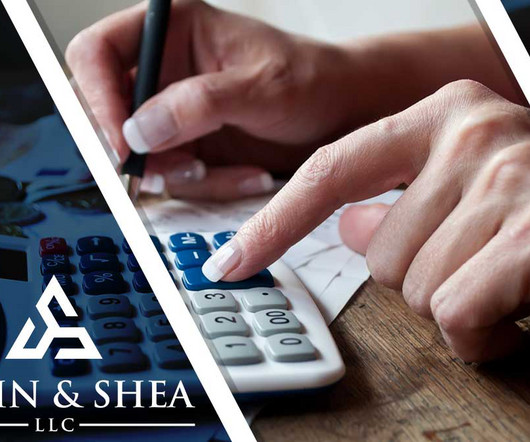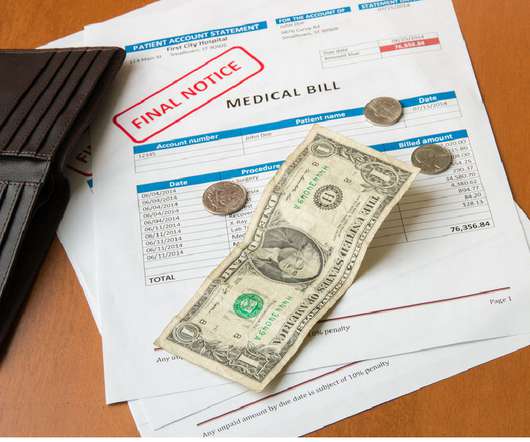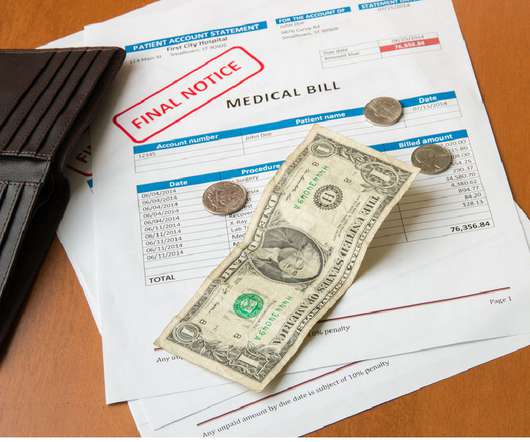What is the Difference Between Secured and Unsecured Debt?
Sawin & Shea
JANUARY 25, 2022
However, which type of bankruptcy you file will also depend on what kind of debt you have. Secured and unsecured debt is handled differently in Chapter 7 vs. Chapter 13. What is Secured Debt? Secured debts are a type of debt backed by an asset that is used as collateral. Examples of Secured Debts.






















Let's personalize your content